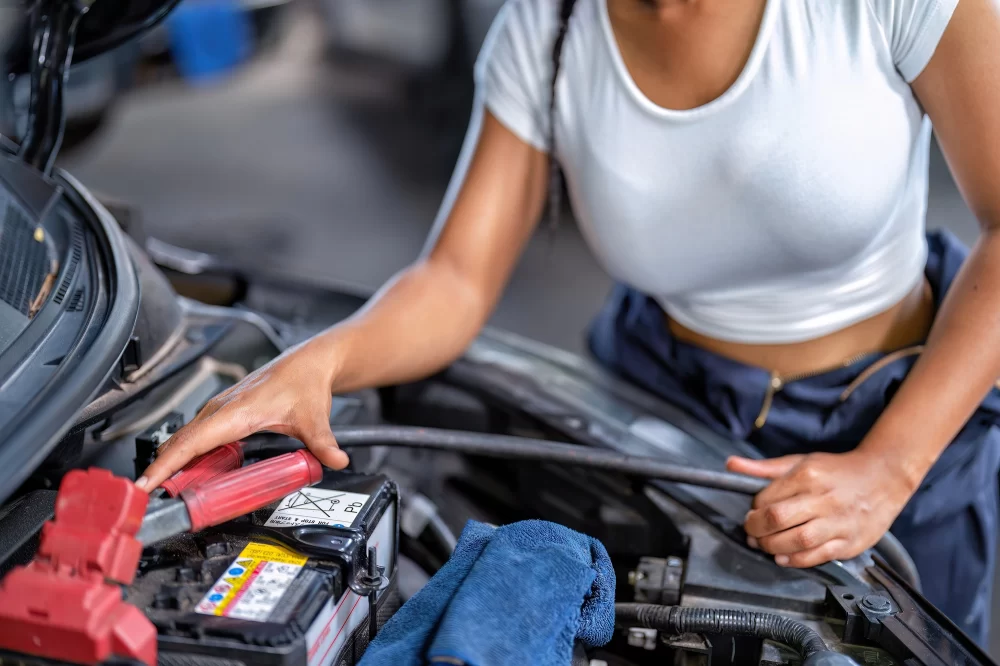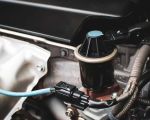- understanding-why-car-batteries-drain
- common-habits-that-lead-to-battery-drainage
- how-to-prevent-car-battery-drainage-daily-routines
- long-term-car-storage-and-battery-protection
- real-life-story-lessons-learned-from-battery-failure
- when-to-seek-professional-help
1. Understanding Why Car Batteries Drain
To effectively prevent car battery drainage, it's crucial to first understand what causes it. A car battery provides the necessary power to start your engine and support various electronics. Over time, or due to certain behaviors, it may discharge more rapidly than it should.
The most common causes include leaving headlights or interior lights on, frequent short trips that don't allow the alternator to recharge the battery fully, extreme temperatures, faulty electrical components, or an aging battery nearing the end of its lifespan.
Understanding these root causes is the first step toward prevention. A proactive approach ensures you're not caught off guard, especially during cold mornings or long road trips.

Pick Your Part - Help Yourself
1232 Blinn Ave, Wilmington, CA 90744, USA
2. Common Habits That Lead to Battery Drainage
Seemingly harmless daily habits can unknowingly contribute to car battery drainage. For instance, many drivers leave their phone chargers plugged in or use electronic accessories like dashcams and GPS devices when the engine is off. These actions slowly sap power from the battery.
Another overlooked factor is irregular driving schedules. If your vehicle remains idle for days or weeks, the battery may slowly discharge. Additionally, neglecting regular battery maintenance—like cleaning corroded terminals or checking fluid levels—can reduce its overall efficiency.
The best defense is awareness. Recognizing these behaviors early helps you build better habits, increasing battery lifespan and reliability.

Pick Your Part - Greer
13054 E Wade Hampton Blvd, Greer, SC 29651, USA
3. How to Prevent Car Battery Drainage: Daily Routines
Preventing battery drainage starts with mindful daily routines. Here are practical tips every vehicle owner should adopt:
3.1 Turn Off All Lights and Electronics
Before exiting your vehicle, double-check that headlights, cabin lights, and any accessories are turned off. It sounds simple, but this is one of the leading causes of battery issues.
3.2 Drive Regularly and Long Enough
Take your car for a drive at least once a week, and ensure each trip is long enough—typically 20 minutes or more—to allow the alternator to recharge the battery effectively.
3.3 Keep the Battery Clean
Dirt and corrosion can cause electrical resistance, which prevents the battery from charging efficiently. Regularly clean the terminals using a mix of baking soda and water with a brush, ensuring a snug, corrosion-free connection.
3.4 Invest in a Battery Maintainer
If you frequently leave your car unused for extended periods, consider a smart battery maintainer or trickle charger. These devices keep the battery charged without overloading it.
For reliable products, accessories, or emergency jumpstart kits, visit Rescue & Towing. We provide handpicked solutions for every driver’s needs.
4. Long-Term Car Storage and Battery Protection
If you’re planning to store your vehicle for weeks or months, extra precautions are necessary. Disconnecting the battery is a common method, but this may not suit all vehicle types, especially modern cars with computerized systems.
A better option is using a battery maintainer. Park the car in a cool, dry place, and periodically start the engine to keep all systems lubricated and the battery functional. Also, make sure to check the tire pressure and fluid levels, since battery issues often coincide with general vehicle neglect.
5. Real-Life Story: Lessons Learned from Battery Failure
Consider the story of Lucas, a small business owner in Detroit. Lucas relied on his van for deliveries but frequently made short city trips. One winter morning, he found his van wouldn’t start. A technician later found the battery was overworked and rarely fully recharged.
This incident cost him not only a new battery but also a full day of business. Since then, Lucas has implemented smarter habits—driving longer routes weekly, using a battery monitor, and scheduling preventive maintenance. His lesson? Small steps make a big difference.
Just like Lucas, being proactive about your car battery can save you stress, time, and money. At Rescue & Towing, we offer tools and services to support you every step of the way.
6. When to Seek Professional Help
Sometimes, the issue runs deeper than user habits. If your car battery drains overnight, even when everything is off, it could point to a parasitic drain or electrical fault. Strange smells, corrosion, or dimming lights while driving are also red flags.
In these cases, it’s wise to consult a certified technician. They can perform a detailed diagnostic check and identify underlying problems, whether it’s a faulty alternator, bad wiring, or battery cell failure.
Don't wait until your car won’t start in an emergency. Rescue & Towing is here to connect you with trusted repair professionals and quality battery products tailored to your needs.






























